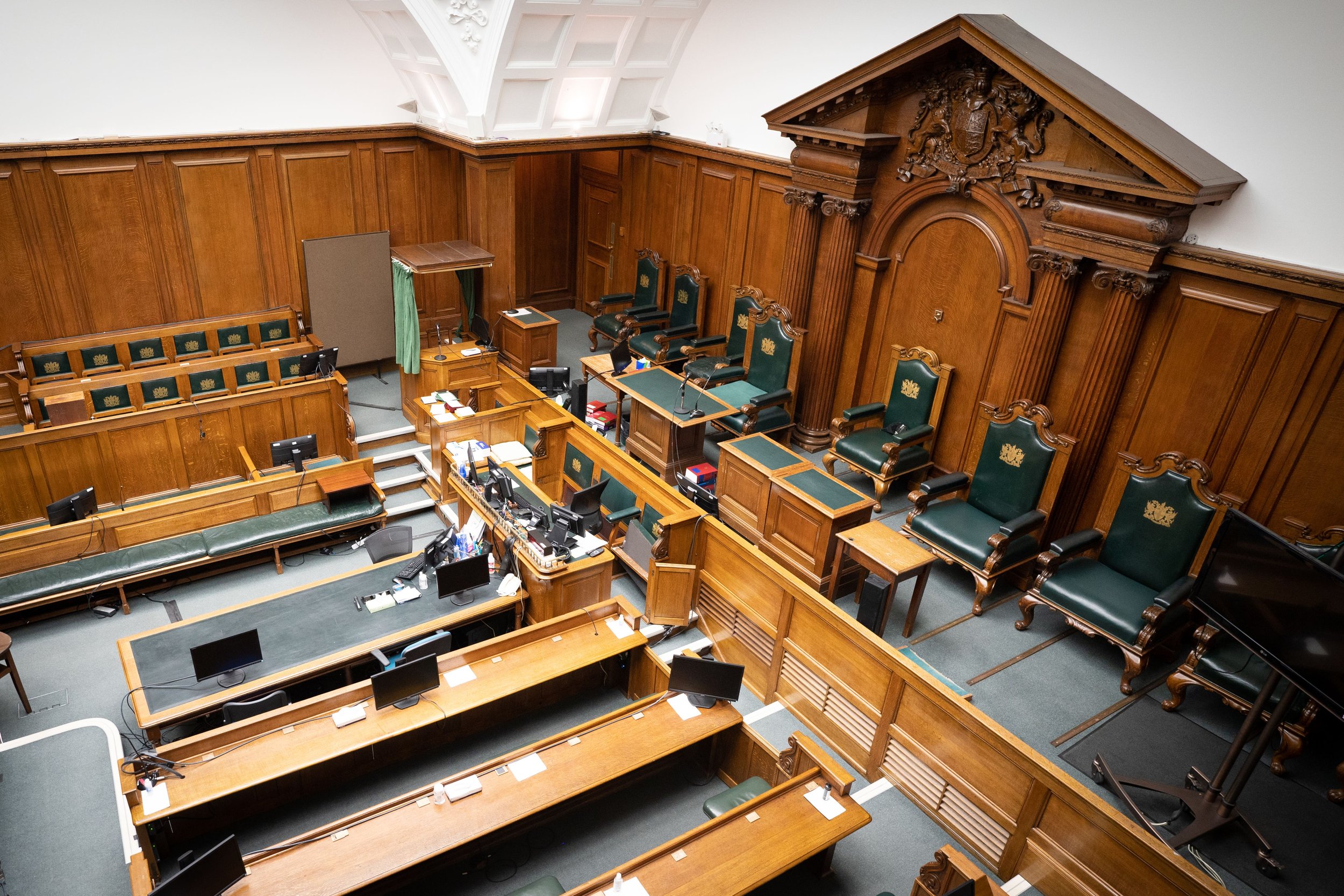
Criminal Litigation and Practice.
Criminal Litigation and Practice
Criminal Litigation focuses on the process of enforcing criminal law, from the investigation and charging of offenses to trial and sentencing. It’s a practical area of study that examines the rules, procedures, and strategies used by lawyers in criminal cases. Here's a detailed overview:
Key Stages in Criminal Litigation
i) Pre-Charge Stage
Police Investigation:
Gathering evidence, interviewing witnesses, and arresting suspects.
Police Powers (UK context under PACE 1984):
Stop and search (Section 1).
Arrest without a warrant (Section 24).
Detention and questioning (Section 40–44).
Right to Legal Representation:
Suspects have the right to consult a solicitor during interviews.
ii) Charging Decision
Role of the Crown Prosecution Service (CPS) (or equivalent authority):
Decides whether to charge a suspect based on:
Evidential Test: Is there sufficient evidence for a realistic prospect of conviction?
Public Interest Test: Is prosecution in the public interest?
Classification of Offenses
Summary Offenses:
Minor offenses tried in the Magistrates’ Court (e.g., minor traffic violations, common assault).
Either-Way Offenses:
Can be tried in either the Magistrates’ Court or Crown Court (e.g., theft, ABH).
Indictable Offenses:
Serious offenses tried in the Crown Court (e.g., murder, rape).
Court Processes
i) Magistrates’ Court
Handles:
All summary offenses.
Preliminary hearings for either-way and indictable offenses.
Limited sentencing powers:
Up to 6 months’ imprisonment for a single offense (or 12 months for multiple).
ii) Crown Court
Handles:
Trials for indictable offenses.
Sentencing for either-way offenses if the Magistrates’ Court refers them.
Trial by judge and jury.
Plea and Case Management
Guilty Plea:
Leads to sentencing.
Potential reduction in sentence for an early plea (up to 1/3 reduction).
Not Guilty Plea:
Leads to a trial.
Case Management Hearing ensures the trial is conducted efficiently, addressing:
Evidence disclosure.
Witness availability.
Legal arguments.
Evidence in Criminal Litigation
Admissibility:
Evidence must be relevant and fair.
Certain evidence may be excluded if prejudicial (PACE 1984, Section 78).
Types of Evidence:
Oral Evidence: Witness testimony.
Real Evidence: Physical objects (e.g., weapons, documents).
Hearsay: Generally inadmissible unless exceptions apply.
Character Evidence: Rules on introducing a defendant’s previous convictions.
Disclosure Obligations:
Prosecution must disclose all evidence that undermines its case or assists the defense (R v Ward).
Roles of Key Participants
Prosecution:
Burden of proof: Must prove the case beyond a reasonable doubt.
Defense:
Ensures the defendant’s rights are protected and presents counterarguments.
Judge:
Ensures a fair trial, rules on legal issues, and instructs the jury.
Jury:
Decides the facts and delivers a verdict in Crown Court trials.
Sentencing
Purposes of Sentencing:
Punishment, deterrence, rehabilitation, protection of the public, reparation.
Types of Sentences:
Custodial (imprisonment).
Community orders (unpaid work, curfews).
Fines and discharges.
Aggravating and Mitigating Factors:
Aggravating: Previous convictions, use of a weapon.
Mitigating: Guilty plea, remorse, age or health issues.
Appeals
Magistrates’ Court Decisions:
Appeals to the Crown Court (rehearing).
Appeals to the High Court by case stated (legal error).
Crown Court Decisions:
Appeals against conviction or sentence to the Court of Appeal.
Key Cases in Criminal Litigation
R v Turnbull (1976): Guidelines for assessing the reliability of eyewitness identification.
R v Hanson (2005): Rules on admitting bad character evidence.
R v Ward (1993): Duty of disclosure by the prosecution.
Practical Focus Areas in Tutoring
Drafting Documents:
Preparing defense statements and skeleton arguments.
Court Advocacy:
Practice cross-examination and closing speeches.
Problem Solving:
Hypothetical scenarios for evidence admissibility or procedural errors.
Case Law Application:
Analyzing how cases like R v Turnbull influence litigation strategies.
Would you like to focus on a specific stage, such as evidence rules, trial advocacy, or appeal procedures? Or would you like practice with hypothetical litigation scenarios?
The Benefits
Discover why you should choose City Law Tutors. Why us?
The Next Step
Purchase a trial session or purchase tutoring or our study guides and get started with City Law Tutors!

